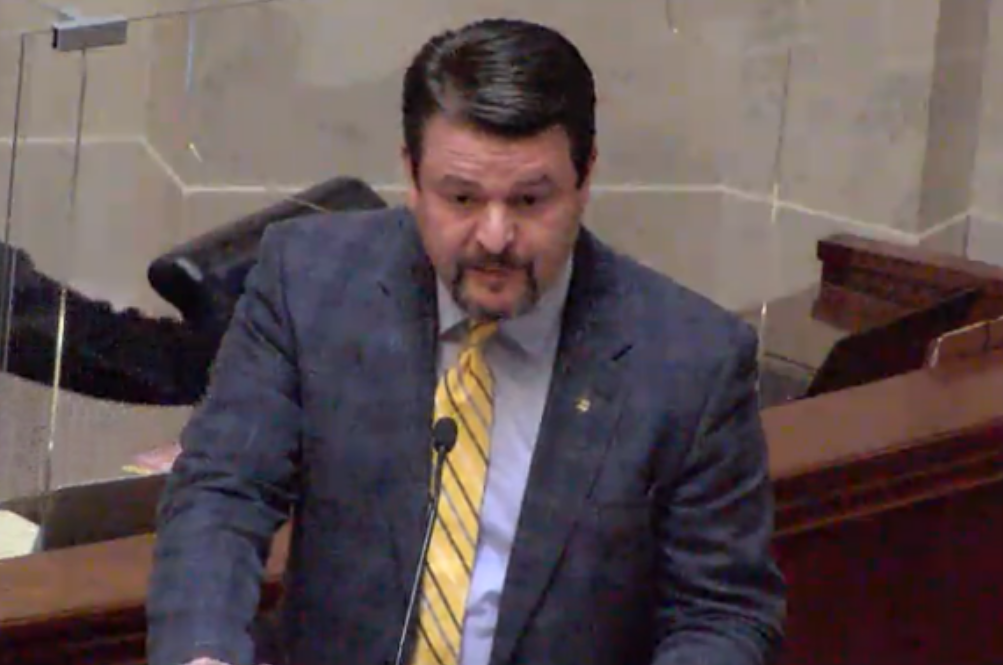FDA Change Shows Arkansas Was Forward-Thinking On Pro-Life Laws

Earlier this week the U.S. Food and Drug Administration (FDA) announced that it would no longer require women to visit a doctor’s office in order to get the RU-486 chemical abortion drugs.
The change also lets abortionists deliver RU-486 to women by mail.
In the wake of COVID-19, doctor’s offices around the country shut their doors and moved to “telemedicine” only.
Abortionists in some states seized this as an opportunity to push abortion drugs. They offered abortion consultations and prescriptions over webcam or telephone. Planned Parenthood, in particular, ramped up promotion of its “telehealth” programs.
However, abortionists have not been able to prescribe abortion drugs over the phone or via webcam in Arkansas. That’s thanks to laws that pro-lifers have implemented over the past few years.
Since 2013, Arkansas Right to Life, Family Council, and others have worked with pro-life legislators to implement good laws that prevent abortion drugs from being approved via telemedicine.
Most recently, the Arkansas Legislature passed Act 560 and Act 562 of 2021.
Act 560 by Rep. Robin Lundstrum (R – Springdale) and Sen. Scott Flippo (R – Mountain Home) outlines the informed-consent process for chemical abortion. Arkansas’ current informed-consent laws for abortion are geared primarily for surgical abortion procedures. Act 560 will help ensure women get all the facts about chemical abortion — including its risks, consequences, and pro-life alternatives.
This will help women choose options besides abortion.
Act 562 by Rep. Sonia Barker (R – Smackover) and Sen. Blake Johnson (R – Corning) updates Arkansas’ restrictions on abortion-inducing drugs like RU-486. Among other things, it outlines requirements that abortionists must follow in administering abortion-inducing drugs, and it prohibits abortion drugs from being delivered by mail in Arkansas.
This will help ensure that abortion-inducing drugs aren’t approved via telemedicine and mailed in Arkansas — even though the FDA is removing some of its restrictions on abortion drugs.
All of this underscores that Arkansas has been very forward-thinking when it comes to abortion. We’ve been able to pass good laws that anticipated things like telemed abortions changes in the FDA’s rules for RU-486.
That’s going to ensure that unborn children in Arkansas continue to be protected from abortion — even if members of the federal government try to make it easier to abort a child.





